A group of residents who are concerned about the growing problem of Knotweed (Fallopia japonica) have asked me to assist in launching a campaign to bring it under control.
The following photographs are of Morden Road, the River Cole in Stechford and the River Cole near Larch Walk. A lot of the banks of the River Cole in Stechford are being taken over by Knotweed. The council have sprayed a bit of it, but a much more strenuous effort is needed.
Not only does Knotweed undermine biodiversity, but also it can do a lot of damage to properties nearby.


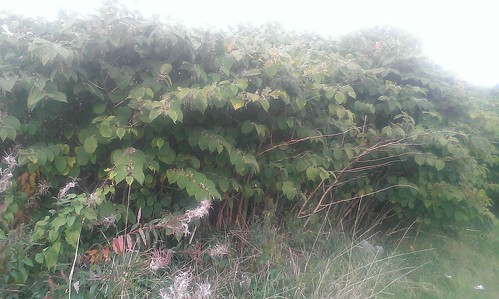
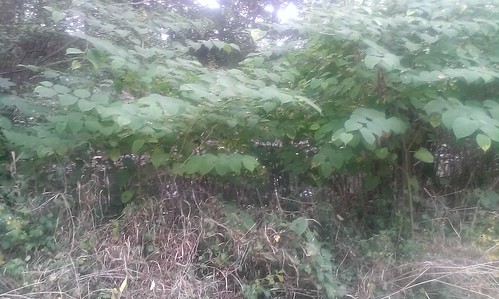
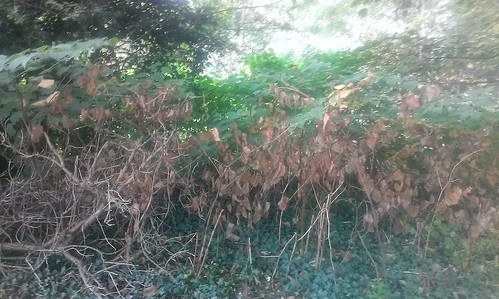
part sprayed by council

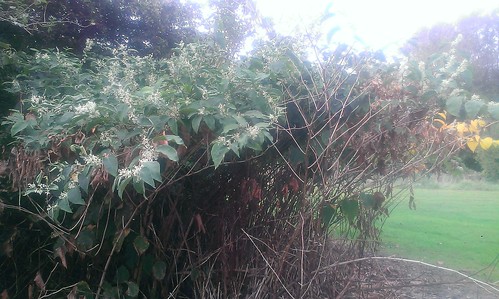
All above in Stechford near River Cole


Morden Road
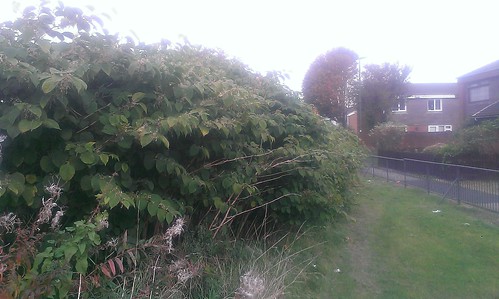
Larch Walk
The following photographs are of Morden Road, the River Cole in Stechford and the River Cole near Larch Walk. A lot of the banks of the River Cole in Stechford are being taken over by Knotweed. The council have sprayed a bit of it, but a much more strenuous effort is needed.
Not only does Knotweed undermine biodiversity, but also it can do a lot of damage to properties nearby.





part sprayed by council


All above in Stechford near River Cole


Morden Road

Larch Walk
Comments